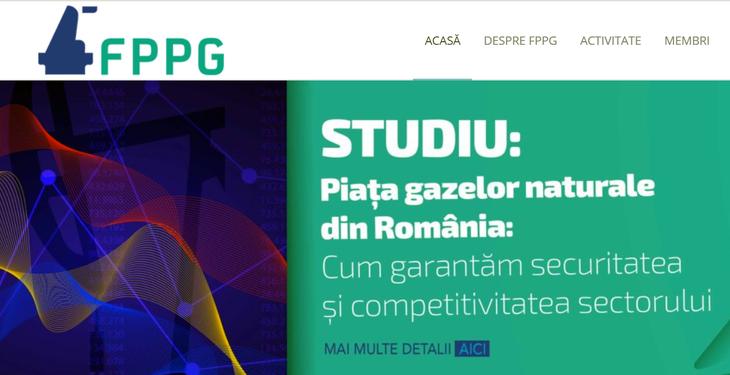The Oil and Gas Employers’ Federation – FPPG rejects the alarmist and unfounded statements about the effects of returning to a free and functional gas market. FPPG summarizes in a press release the arguments that liberalizing the gas market is a necessity and can contribute to a real protection of the vulnerable consumer. The position is expressed following the discussions in the Parliament and in ANRE on the elimination of the provisions of GEO 114/2018 regarding the natural gas market, and also after ACUE asked the authorities for a “gradual re-liberalization of markets” invoking the impact on final consumers.
OUG 114 did not lower the gas bill
GEO 114 was presented as a measure aimed at reducing the gas price for domestic consumers. In reality, the gas bill has not decreased. On the contrary, the price for industrial consumers increased, which was reflected in the price of consumer goods.
The elimination of the provisions of GEO 114 and the return to a free and functional market would lead to the reintroduction in the market of a 4.3 bcm (representing the obligations for the regulated market), which will allow the decoupling from the import prices.
Moreover, the increase of interconnection capacities planned for next year, from Bulgaria, Hungary and Ukraine will enable more gas to gas competition with a diversification of sources of gas, LNG for example.
Vulnerable consumers must be protected
The main argument against the liberalization of the gas market is the protection of the vulnerable consumer.
Vulnerable consumers must be protected by mechanisms that can coexist with a free market, as is the case in other countries. Unfortunately, even with support of consultant like Emerton to define a scheme, a functional mechanism for protecting them has not been implemented in Romania whereas it has been done in other countries in Central Europe, it is therefore required urgent action now.
Gas market liberalization is a necessity
In 2001, during the negotiations for EU accession, Romania committed to the liberalization of the gas market until 2007. It took place for a short period, from 2017 to December 2018, when by the introduction of GEO 114, Romania regressed as far as the gas market is concerned. In these years, two infringement proceedings were opened against Romania on the gas market.
The impact of decades of delays in liberalization translates into paradoxes such as the fact that only 30% of households in Romania are connected to gas networks.
A regulated market does not attract investment – in recent years we have witnessed the exit of some big companies from the market and the slowing down or even blocking of major investment projects. At the same time, local gas production decreased and was replaced by imports, given that Romania has the potential to cover its gas needs exclusively from domestic production. Currently the rate of imports has increased to about 28%.
Given these circumstances, the immediate liberalization of the gas market is necessary, by eliminating the provisions of GEO 114 regarding the gas price, in order not to affect the gas supply to Romania. It is also necessary the concrete protection of the vulnerable consumer and the implementation of comprehensive energy efficiency programs, which have the direct effect of significantly lowering the energy bills.
